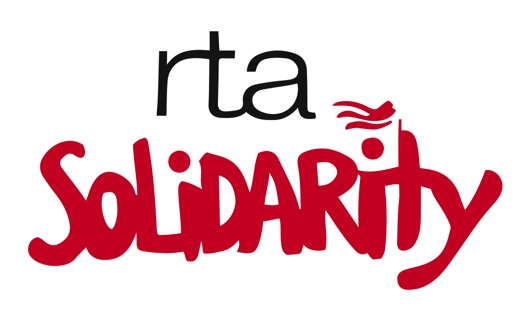The city of Rochester has lost $2 million in federal funding for teen pregnancy prevention work, the result of a decision by the Trump administration to dis-invest in 84 such programs nationwide.
The city has been using a five-year, $5 million grant for health education classes for boys and girls ages 10-19, focusing on making smart choices around sex and relationships. The classes take place in Rochester City School District schools, city recreation centers and a variety of other sites.
The program, called THRIVE, reached 2,600 children in 2016-17. Classes run from eight to 14 weeks, depending on the site and age level.
From 2015: City gets $5M for teen pregnancy prevention
“It’s a holistic approach to health education,” program manager Erica Hernandez said. “It goes beyond just medical and biological development; we’re giving youth the information and tools they need to make healthy choices about their futures.”
At a class in Greece earlier this week, about 20 young men and women watched a short video about three young people and the choices they made about contraception, sexual partners and communication. They then dissected what each person had done right or wrong, while Shaylin Cox, who was teaching the class, peppered them with resources and reinforcement.
“What about Miguel? He put his health in someone else’s hands,” she said about one of the boys in the video, who took a sexual partner’s word that she didn’t have any sexually transmitted diseases. “Your health is yours. You can’t play Russian roulette, sleeping around and taking chances and not taking care of yourself.”
Garrick Taver, a 15-year-old at Rochester Prep High School, said he has benefited from the program, both about contraception and places to get more information when he needs it.
“I learned a lot about how to keep myself safe from everything,” he said. “At first it’s awkward, but you warm up and open up to it.”
The city has received its allotment for the 2017-18 year, but was notified in early July that the five-year grant had been shortened to three years, ending in June 2018. That means $2 million of the promised $5 million will not be disbursed.
Nationwide, the decision strips more than $200 million in funding from 80 programs.
It comes as teen pregnancy rates are falling, both locally and nationally.
The teen birth rate among girls ages 15-19 was 3.6 percent in the city of Rochester in 2015, down from 12.8 percent in 1990 and 8 percent in 2008.
Nationally, the rate is 2 percent, down from a high of 11.7 percent in 1990. The teen abortion rate dropped even more precipitously over the same period, according to 2016 research.
“The evidence of the success we’ve had is truly in the numbers,” Hernandez said. “It’s not due to a magic bullet; it’s because of the multifaceted approach we’re using.”
The Department of Health and Human Services’ Office of Adolescent Health, which administers the grants, did not respond to a request for comment.
Several of Trump’s appointments in the Department of Health and Human Serviceshave advocated against promoting the use of contraceptives, arguing instead for abstinence-only sex education.
For example, Valerie Huber, named in June as chief of staff to the assistant secretary for health, was formerly president of a national abstinence education association called Ascend.
Lindsay Phillips is medical director at Highland Family Planning, which partners with the city on implementing the grant. She said research is clear that abstinence-only education does a poor job of reduced unintended teenage pregnancies.
“It’s really important that teens understand abstinence is the most effective way to avoid pregnancy,” she said. “But it’s not realistic, and never has been realistic as long as mammals have existed, to have enforced abstinence, at any age.”
She pointed to correlations between unintended teenage pregnancy and a variety of negative and expensive outcomes, including a greater likelihood that the child drops out of school, commits a crime and ends up dependent on social services.
Rep. Louise Slaughter, who announced the grant in 2015, was one of 148 House representatives to sign a letter to Health and Human Services Secretary Tom Price, criticizing the decision and asking for an explanation.
“The negative impacts of this unnecessary decision cannot be overstated,” they wrote. “At a time when young people are most in need of information and education to protect their sexual and reproductive health, this administration is denying evidence and science. Young people deserve better.”
Taver, one of the young people taking the class this summer, said he didn’t understand why the program would be discontinued. As evidence, he pointed to friends of his who had already gotten pregnant in their early teenage years.
“I’m pretty sure if they had known more about this stuff, they wouldn’t be pregnant today,” he said.
JMURPHY7@Gannett.com
